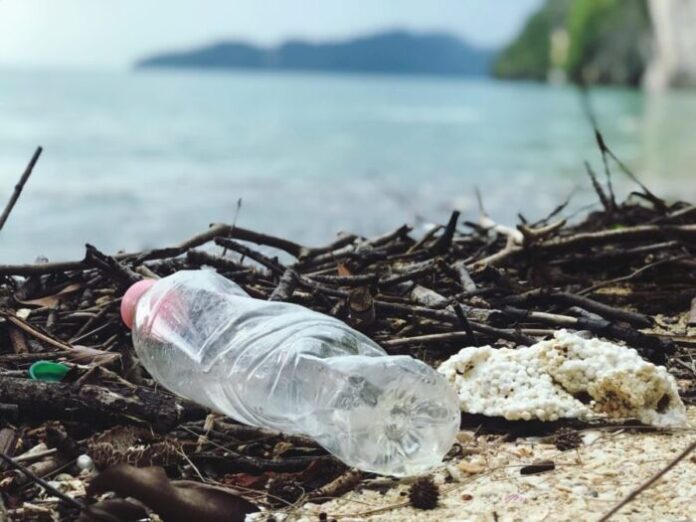
Pollution, sustainable fishing, global warming and coastal erosion. These are some challenges at the heart of the strategic agenda of the BlueMed project, coordinated by the National Research Council (Cnr) and funded by the European Union with 3 million euros, under the Horizon 2020 program.
The BlumeMed project lasted four years, saw the participation of 9 European countries (France, Spain, Portugal, Malta, Lebanon, Greece, Croatia, Slovenia as well as Italy) and 11 partners, involving all 22 Mediterranean countries. belonging to three different continents.
“Each country has a different perception of which are the most important problems due to the different nature of its territory, a different incidence of historical anthropogenic impacts on its territory and, finally, due to different cultures”, says Fabio Trincardi, director of the Department of Earth System Sciences and Environmental Technologies of Cnr (Cnr-Dsstta) and coordinator of the project.
“This is why BlueMed was first of all a great adventure that led us to establish a strategic agenda of the blue economy of the Mediterranean with thirteen common priorities and an implementation plan that also defines how and in what time frame this can be achieved. which was considered a priority “.
Among the priorities identified, marine litter is in the foreground. “The Mediterranean Sea represents 1% of the global ocean surface but accumulates 7% of the total microplastics present in the marine environment, so much so that it is considered a real plastic trap”, explains Fedra Francocci, researcher at the Institute for Impacts and sustainability in the marine environment of Cnr (Cnr-Ias), responsible for a specific initiative of the BlueMed project dedicated to this topic.
“In 2018 we launched the Pilot BlueMed, in which the 11 BlueMed countries collaborate on: monitoring the distribution of plastics and impact on ecosystems; prevention of the dispersion and removal of plastic from seas and rivers; integrated management of waste and water management systems; circular economy for the enhancement of waste and the design of new materials and products conceived from the very beginning even with respect to their end of life; communication, training and actions on policies and financing”.
In the political agenda, also sustainable fishing and the protection of biodiversity. “Our basin has undergone decades of over-exploitation of stocks which has led many of the finest fish populations to go below their reproductive capacity”, says Trincardi.
“Situation made more difficult by the arrival, from the warmer seas, of the so-called ‘alien’ species which, due to global warming, are able to take root and supplant native, original species. We also consider that global warming also affects the coasts, and the blue economy will have to take this into account because the recurrence of extreme weather events will increase, coastal erosion will increase, and the process of desertification of the coastal plains will advance, aggravated by the action of the ‘man who extracts fresh water from the subsoil favoring subsidence and entry of salty waters from the sea”.
Complex issues, therefore, which require unified efforts. “The novelty of the BlueMed project is to have talked about these problems involving all the Mediterranean countries and also sending a clear message to Europe: all of Europe is Mediterranean because the Mediterranean is a common space, as shown by traffic, tourism and trade. Therefore, the whole of Europe is called to act to maintain and improve the quality of the ecosystems of this basin “, concludes the director of the Cnr-Dsstta.



































